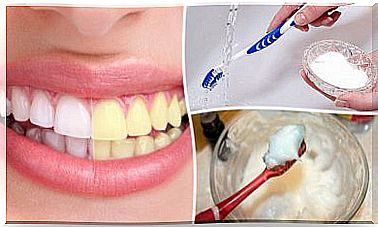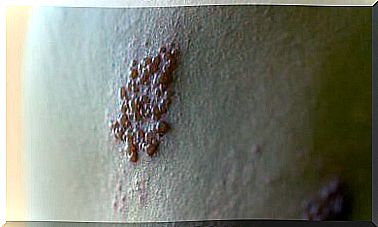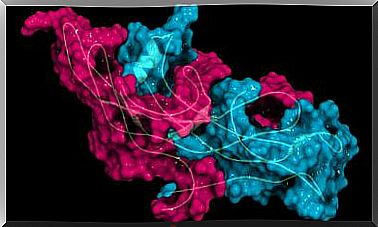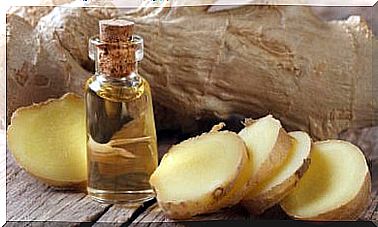Scalp Psoriasis: Symptoms And Treatment
Scalp psoriasis is a chronic and relapsing inflammatory dermatosis. This means that it is a lifelong disease, which can get worse and better over time.
It is characterized by the presence of delimited erythematous plaques with white scaling. These plaques are usually located in the flexor areas of the limbs and on the scalp. Now what is causing this problem? Can it be treated?
Causes of psoriasis on the scalp
Psoriasis is considered a disease of great clinical variability, since it depends on the combination of different factors. In the words of the experts:
Genetic and immune factors
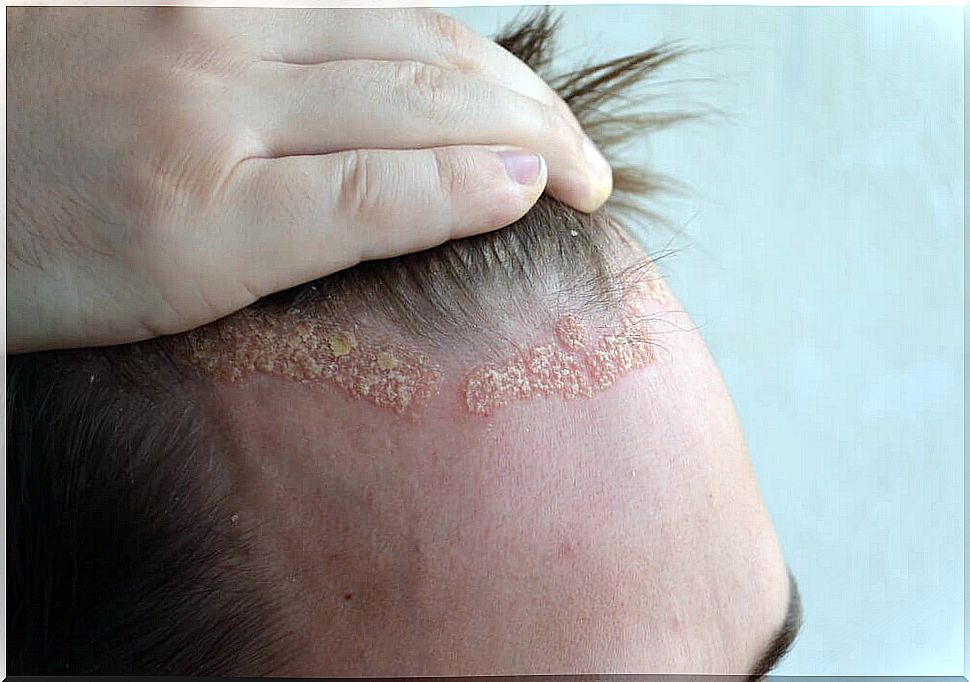
There are studies that show the prevalence of psoriasis in relatives of those affected. However, the development of cellular immunology indicates the involvement of leukocytes in the pathogenesis of the disease.
Environmental factors
There are several factors that are related to the onset or flare, particularly in genetically predisposed people. These include:
- Emotional stress
- Low ambient humidity.
- Consumption of certain drugs.
- Smoking and obesity.
Likewise, any skin irritation can lead to psoriatic lesions. Stimulation such as scratching or pressure from clothing can cause or aggravate existing injuries.
Drugs
As for the drugs that can trigger or aggravate psoriasis are lithium salts, beta-blockers, antimalarials and the abrupt suspension of corticosteroid treatments.
Obesity and smoking

Another important factor to consider is obesity. The relationship between psoriasis and obesity is bidirectional. Obesity predisposes to psoriasis and psoriasis favors obesity.
When it comes to tobacco use, chronic smoke inhalation alters many inflammatory processes, including the immune response.
Infectious factors
There is a relationship between group A beta-hemolytic streptococcal infection and people who have a first flare-up of psoriasis. Especially when the bud appears in the oropharynx.
What are the symptoms of psoriasis on the scalp?
Scalp psoriasis has a wide range of symptoms. There is great variability between people who suffer from it, even in the same person.
The appearance can vary from papules to large scaly plaques. They generally do not cause alopecia. The area where the plaques appear most frequently is the occipital region, reaching the forehead.
Itching is not a characteristic symptom. However, scratching the scales can lead to bleeding. The diagnosis of scalp psoriasis is based on the presence of scaly, erythematous plaques.
Morphological criteria are used to assess the severity of psoriasis. One of them is the psoriasis area and severity index . This index allows measuring the extent of the lesions, the degree of erythema and scales.
Treatment
However, as it is a chronic pathology, the objective is to control psoriasis of the scalp. The affectation of this area is frequent and difficult to treat.
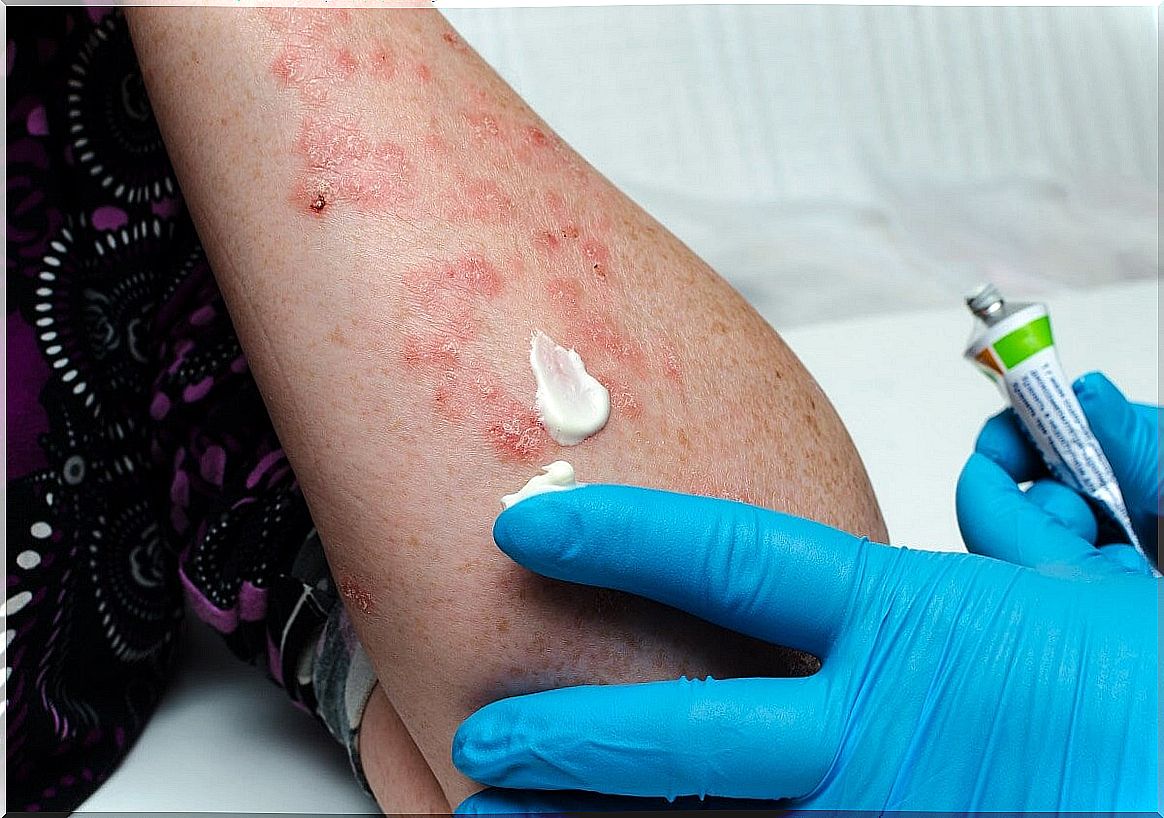
Topical treatment
The basic pillar of treatment is topical treatment. Classic treatments include:
- Emollients: used in combination with drug treatment. They help maintain hydration and the good condition of the stratum corneum of the skin. In this group are 20% urea, petroleum jelly and glycerin.
- Keratolytics : used to remove rough plaques, they also promote the absorption of other topical products. Salicylic acid is commonly used in shampoos and hair oils. Other keratolytics used are 10-30% urea, rectify acid, sulfur and keluamide.
- Coal pitch: Coal pitch reduces the thickness of the epidermis. It is indicated in children and when there are stable plaques. Although it does not present systemic toxicity, it can be irritating.
- Topical corticosteroids : it is the treatment of first choice in mild cases. They have anti-inflammatory and immunosuppressive action.
Systemic treatment of psoriasis on the scalp
It is used in cases in which the topical treatment does not respond satisfactorily. Drugs include:
- Methotrexate: this drug is indicated in moderate and severe forms of psoriasis.
- Cyclosporine : it is an immunosuppressant that inhibits the production of T-dependent antibodies.
- Acitretin: it is a derivative of vitamin A. It has an inhibitory effect on psoriasis, including keratolytic disorders.
As we have seen, psoriasis is a disease that, despite how complex it is, can be treated. Topical therapy, phototherapy, and medications, in combination with good lifestyle habits, can help alleviate discomfort and maintain a good quality of life.
